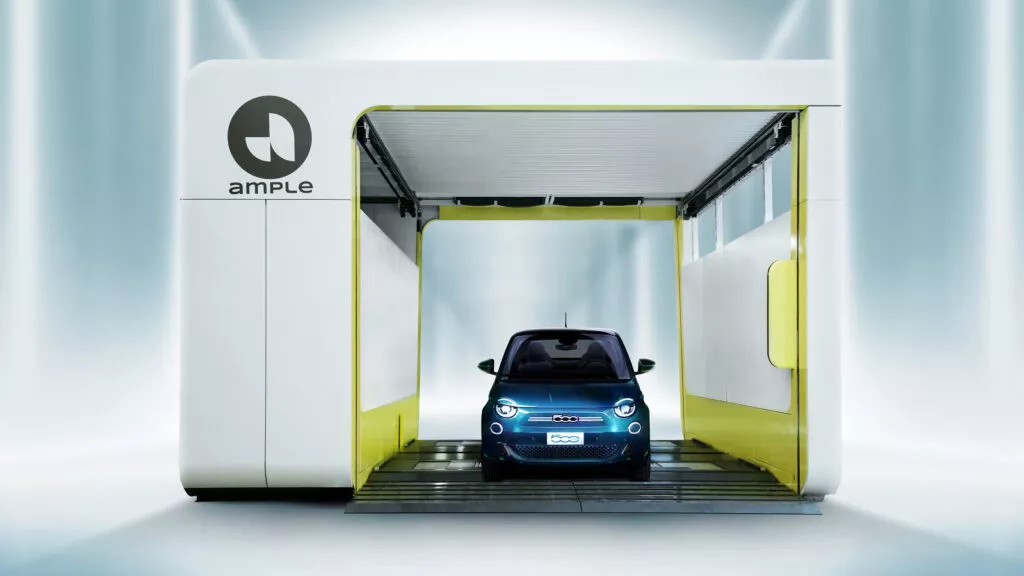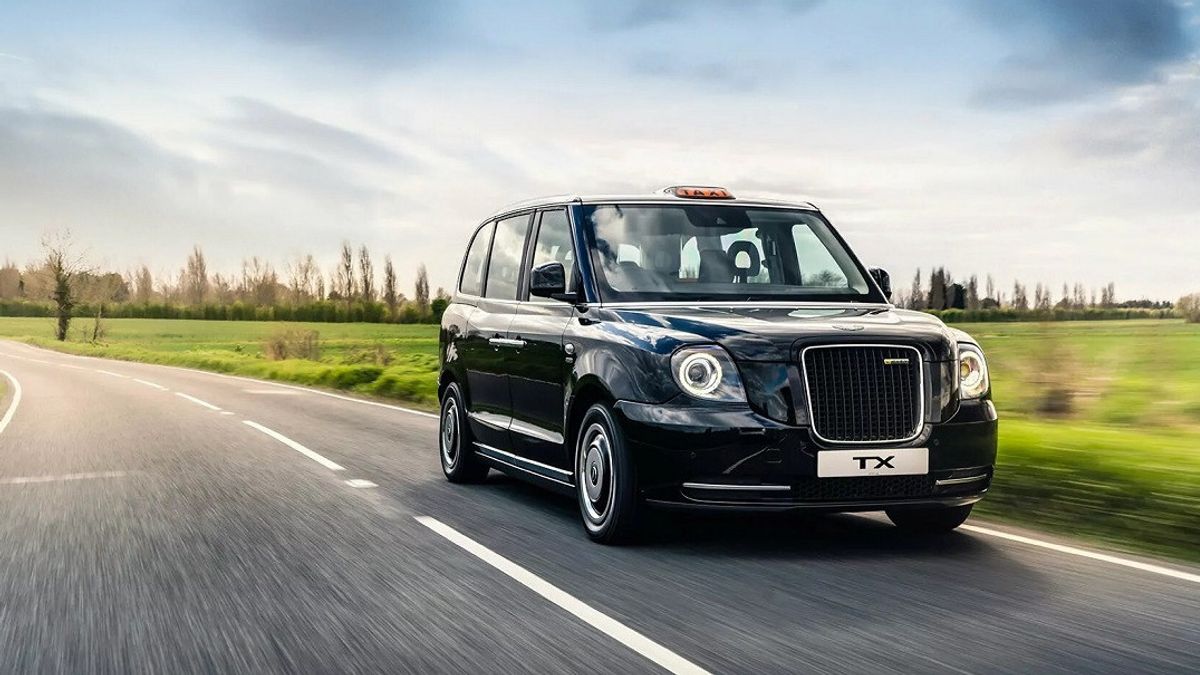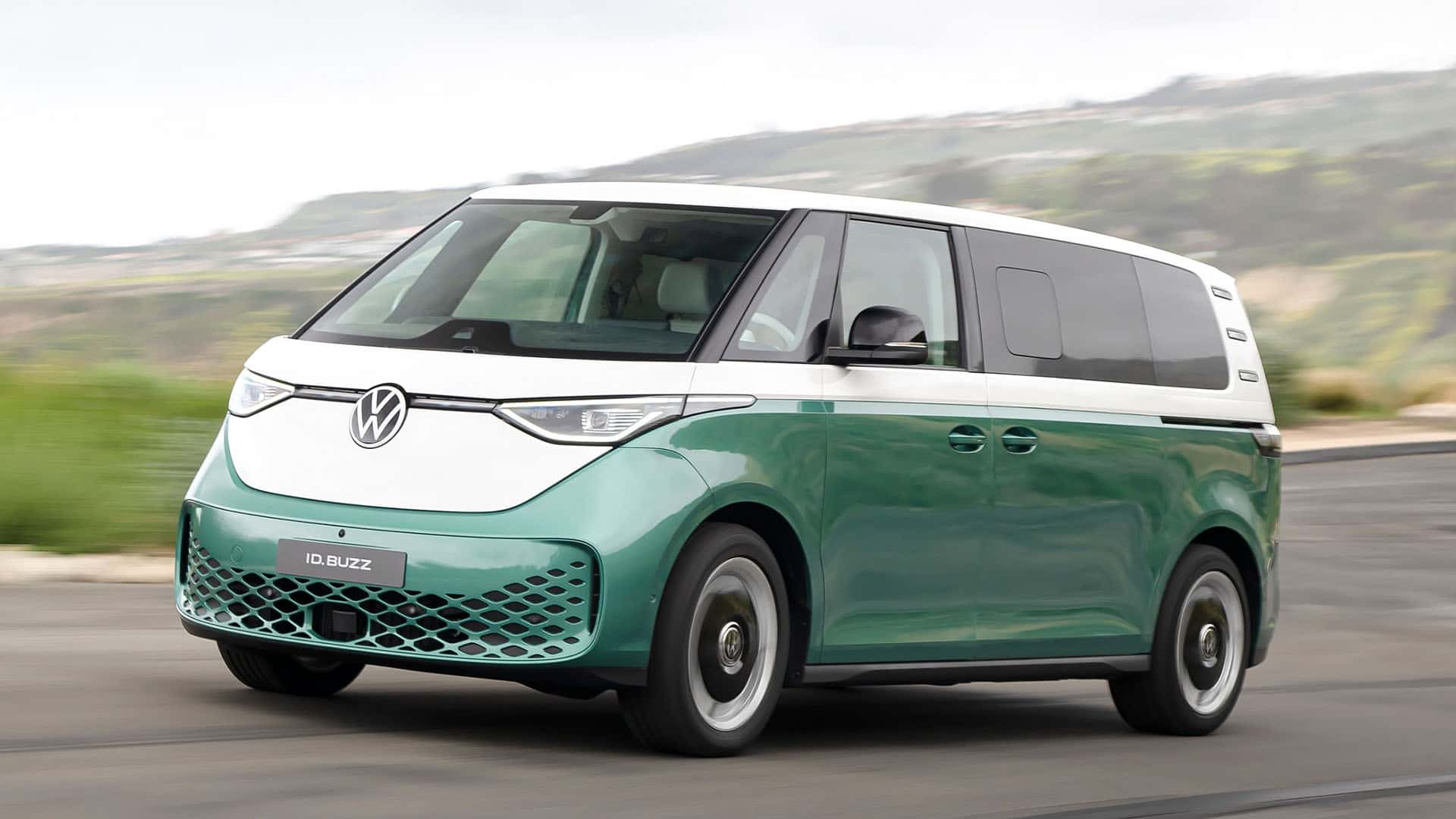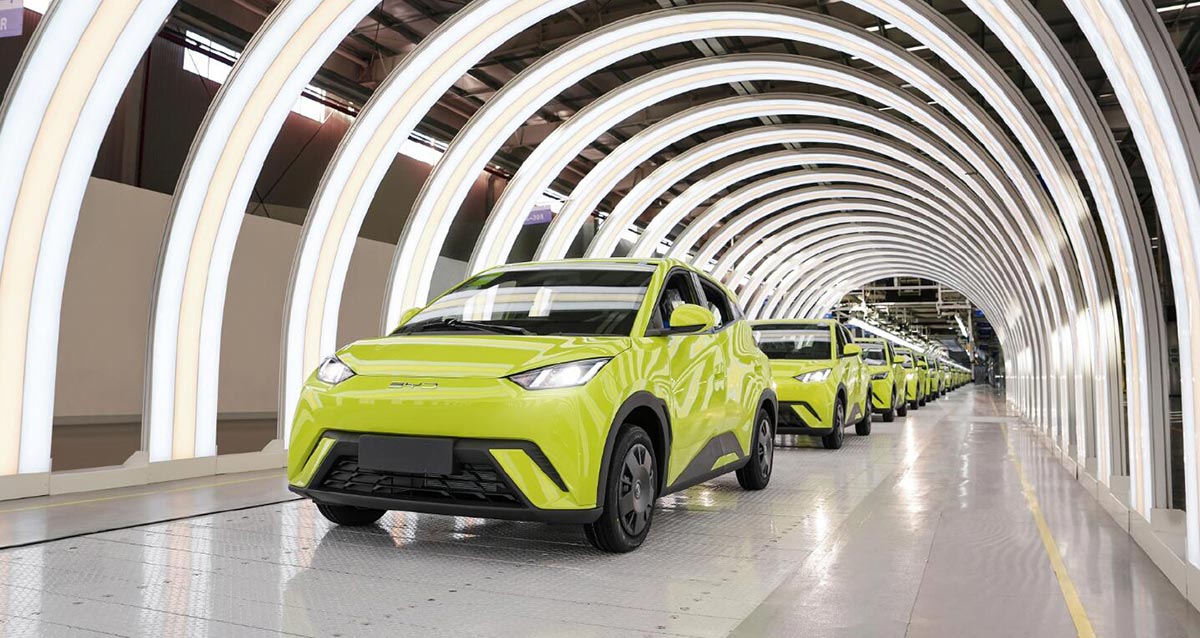Ford has initiated a collaborative effort, termed the “EV-Home Power Partnership,” with Resideo Technologies, aiming to investigate potential monthly electricity savings for F-150 Lightning owners. This unique venture, touted as a first-of-its-kind collaboration, intends to optimize energy consumption by integrating the powerful battery of the F-150 Lightning with Resideo’s smart thermostat technology.
While the F-150 Lightning already incorporates Intelligent Backup Power, the collaboration seeks to leverage Vehicle-to-Home (V2H) capabilities to further refine energy efficiency for homeowners.
The “EV-Home Power Partnership” will utilize Resideo’s smart thermostat to manage home heating and cooling systems using stored energy from the F-150 Lightning’s battery during peak consumption periods. The goal is to explore how V2H and smart thermostat technologies can assist F-150 Lightning owners in reducing electricity expenses, particularly during periods of elevated rates, by automating energy consumption during off-peak hours.
In addition to potential cost savings, the collaboration aims to investigate ways in which the system can integrate with clean energy sources from the grid, such as wind or solar power.
Bill Crider, Head of Global Charging and Energy Services at Ford, highlighted the potential benefits of electric driving, emphasizing the exploration of new avenues for personal energy management that could result in savings in both time and money while contributing to a sustainable grid.
The success of this collaborative initiative, according to Crider, could foster confidence among Ford EV drivers and utilities to explore innovative vehicle-to-grid services, expanding possibilities beyond traditional vehicles.
Dana Huth, Executive Vice President at Resideo, underscored the environmental impact of the partnership, noting that vehicles and home climate control are often the primary contributors to an individual’s carbon-emission footprint.
Work on the joint project has already commenced and is expected to conclude in the first half of 2024. This development follows Volkswagen’s recent announcement regarding the rollout of software supporting Vehicle-to-Home (V2H) capabilities for its electric vehicles.







